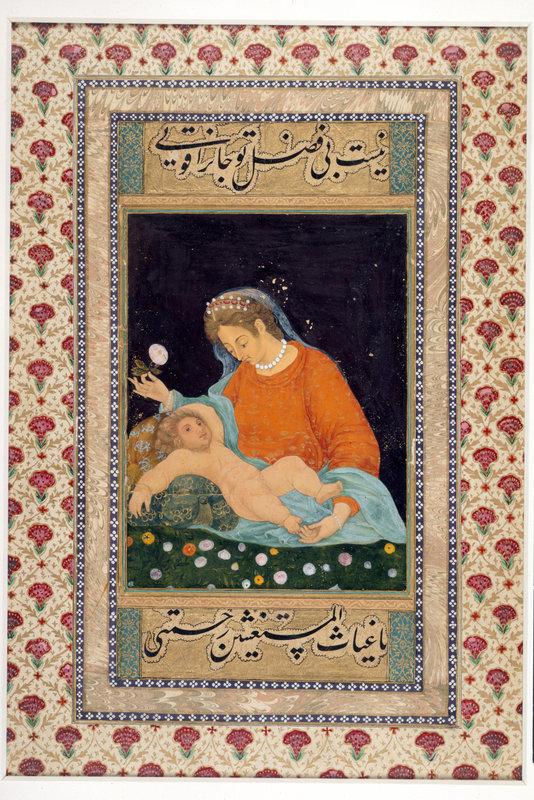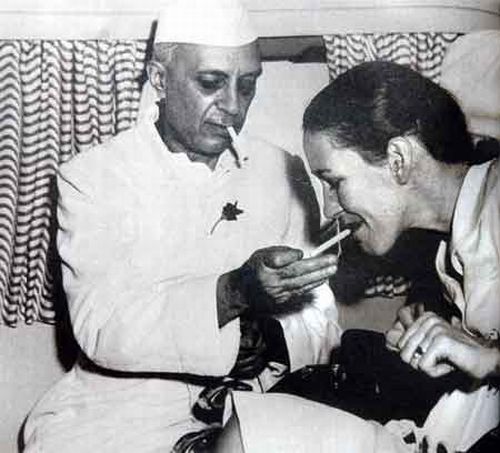 | |
| Original illustration by Angela Ferrao |
For the moment
then, the crisis seemed to have receded. Nevertheless, the episode refreshed my
memory over two earlier episodes involving holidays. One is an event that lies
within the public domain, the other a personal memory that I would like to
share and reflect on.
The second
episode dates from the time when I was working with an NGO in Hyderabad. I
realised with some shock that this corporate-funded entity had not declared Eid
(I forget which of the two Eids it was) a holiday. On the contrary, it was
marked as an optional holiday. If one chose, for religious reasons, one could
take the day off, but the rest of the office would continue working. I also
recall being told that one could take the day off, but I would be merely eating
into my own stock of optional holidays. I recollect sensing the suggestion of
the threat that I would be compromising my days of Christian celebration were I
to take the day off to commemorate the feast.
We must remember that we live in an environment where thanks to the threat of an aggressive Hindu nationalism, all religious groups have been hardening their identities and castigating what are called syncretic practices. When a government restricts a holiday, therefore, or fails to provide one, it is lending its own strength against these already existent social pressures. The issue of cancelling holidays therefore does not merely impact on the group for whom it is most significant. It impacts all, preventing communal celebrations, visits, exchange of sweets. It goes towards creating a fractured society.
Given the kind
of pressure that Indian society places on students to excel and gain laurels,
one can imagine that children would be encouraged, if not pressured, to take
part in a national competition that could get them national recognition.
Remember we live in a country where even a certificate of participation is
regarded as useful. As such, having a competition at the time of the Christmas
holidays, with a submission on Christmas day, no matter that the submission can
be made virtually, ensures that one has created a substantial diversion from
the pleasures, and significance, of Christmas. In addition to these competitions,
the low-key government commemorations of good governance that continued even while the holiday was still officially on clearly indicate that
the conspiracy to steal Christmas is, therefore, still on.
It should be
noted, however, that it is not only the BJP government that is engaged in a
project that dismisses Christmas. A variety of organisations in India,
including academic and non-governmental, as well as those patronised by the
nominally secular-liberals think nothing of hosting significant retreats
immediately prior to, or soon after Christmas day. This scheduling ensures that
very often Christians have to either opt out of Christmas, or the event, or
spend a good part of Christmas day in travel. And, as I pointed out earlier,
this callous scheduling does not impact Christians alone, but fractures the
possibility of non-Christians in participating in what is a wonderful feast of
familial gathering. The loss is communal.
We live in a
country where the plethora of holidays we enjoy is often castigated. Over the
year these holidays have been vilified merely as days free from work. What this
vilification does not recognise is that holidays are a way for us to indicate
that an event is important enough for us to take time off work and engage with
each other. Even if we choose to not engage with other communities, the holiday
continues to be a mark that this other community is important. It is this
tradition of honouring those who are unlike us that is at stake when holidays
are so callously countermanded.
Feliz Natal! Have a blessed and joyous
Christmas season!
(A version of this text was first published in the O Heraldo dated 26 Dec 2014)





